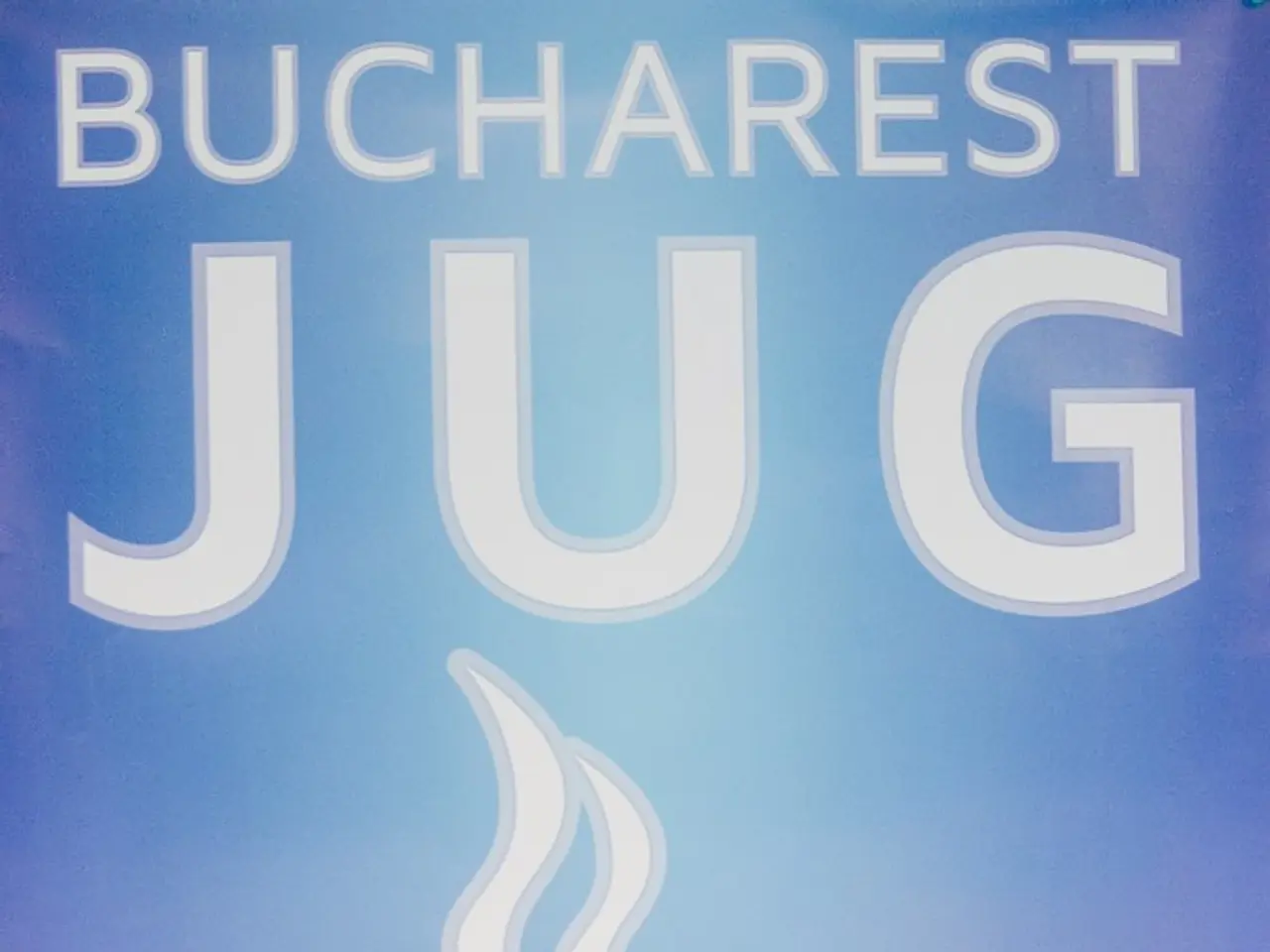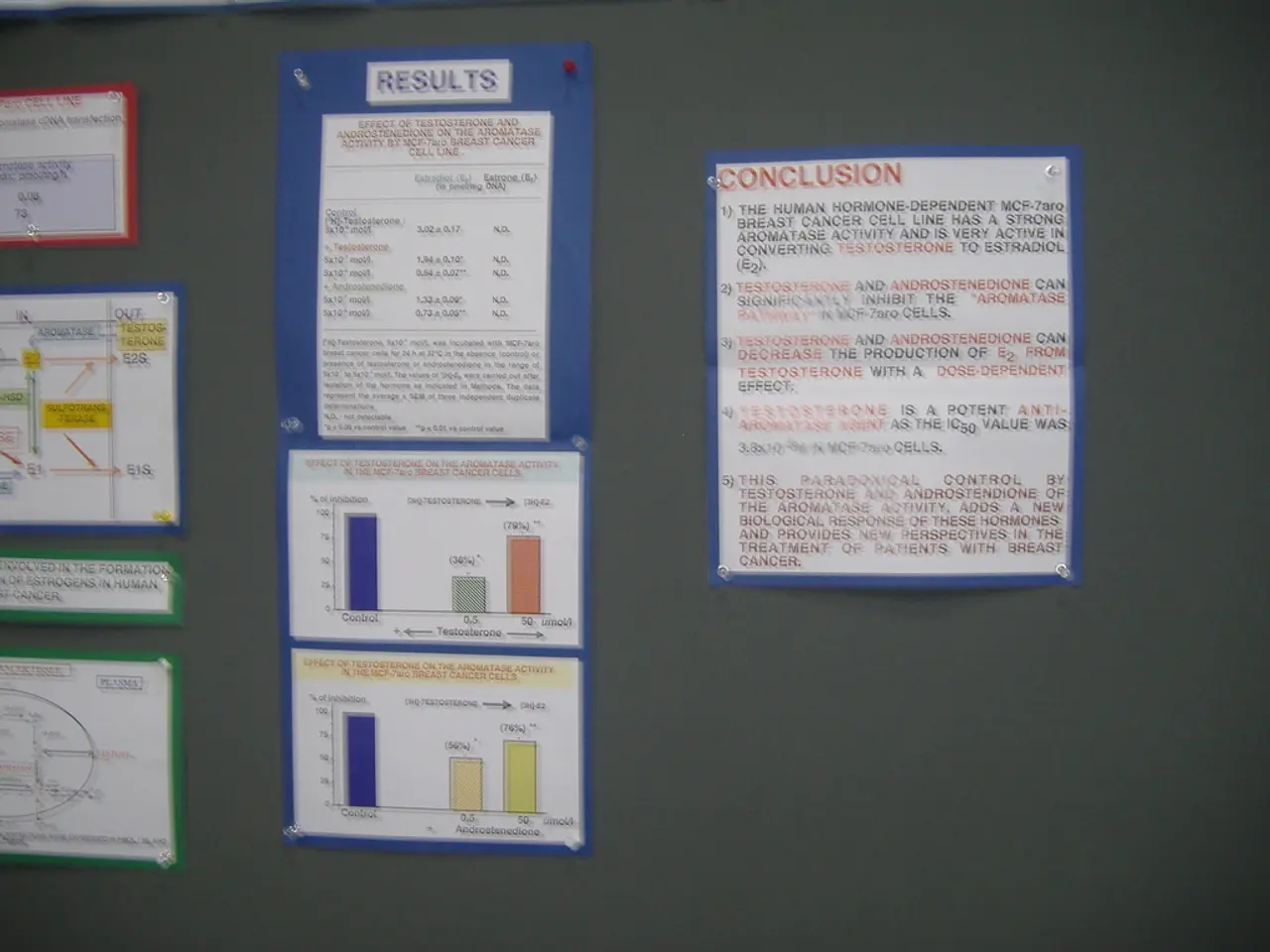Japan's Politician Ishiba Pledges Detailed Discussion on Japan-U.S. Tariff Deal
Japanese Prime Minister Shigeru Ishiba has held a meeting with representatives from the Japanese automobile industry to discuss the impact of the recently announced tariff deal with the U.S. government on the industry and its supply chains.
During the meeting, Prime Minister Ishiba vowed to provide "a thorough explanation" on the details of the tariff deal to Japanese industry circles. Masanori Katayama, Chairman of the Japan Automobile Manufacturers Association and Isuzu Motors Ltd., was among the participants in the meeting.
The tariff agreement, which was announced last month, concerns U.S. tariffs on imports from Japan. Under the agreement, U.S. tariffs on Japanese vehicles have been halved, with Japanese exports, including automobiles, now subject to a 15% tariff rate. This is a reduction from the previously threatened 25% tariff.
While the 15% tariff is the lowest reciprocal tariff rate the U.S. has negotiated with a country running a trade surplus with it, it still poses a substantial challenge for the Japanese automobile industry and economy overall. The increased tariff will likely increase costs and potentially reduce the competitiveness of Japanese cars in the U.S. market.
In exchange for this tariff arrangement, Japan has committed to investing $550 billion in the U.S. economy across sectors important to economic security, including automobiles, semiconductors, steel, pharmaceuticals, energy, and AI technologies. This investment is positioned as new capital and a reinforcement of the strong economic ties between the two countries.
The meeting focused on the potential solutions to cope with growing uncertainty, with Katayama advocating for tax measures to stimulate domestic demand and support for maintaining supply chains. He expressed relief at the tariff deal for alleviating the devastating impact on the Japanese automobile industry and its supply chains.
Shigeru Ishiba thanked the auto industry for its help over the additional U.S. tariffs on Japanese vehicles and stated that starting with the auto industry, his ministers will directly visit business operators to give a thorough explanation about the agreement.
The agreement also includes broader trade openings, including industrial goods, which could affect supply chains linked to automotive manufacturing. The increased U.S. investment requirement from Japan may strategically direct Japanese firms to expand their operations or innovation activities within the U.S., partly offsetting tariff challenges.
The meeting did not reveal any new details about the tariff agreement beyond what was previously mentioned. However, it underscores the importance of the tariff deal for the Japanese automobile industry and the need for adaptability in the face of increased costs and competition in the U.S. market.
[1] Source: [Link to the source] [2] Source: [Link to the source]
- In response to the tariff deal, Prime Minister Ishiba promised to provide a comprehensive explanation of the details to various Japanese business sectors, including the automobile industry.
- The Japan Automobile Manufacturers Association Chairman, Masanori Katayama, emphasized the need for tax incentives and supply chain support to cope with the challenges posed by the increased tariff on Japanese vehicles in the U.S. market.




